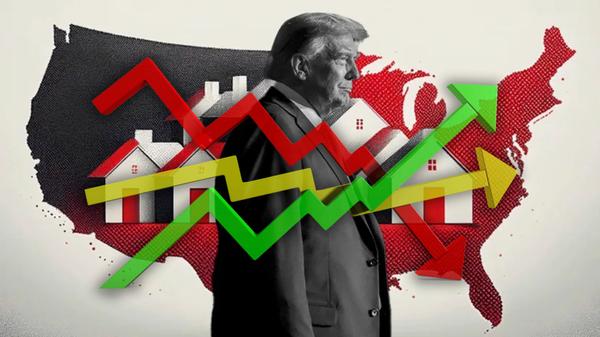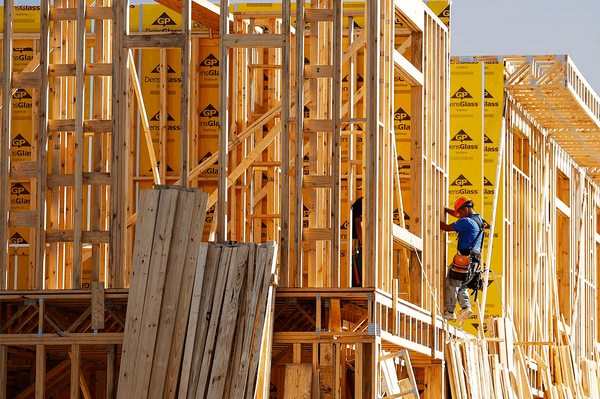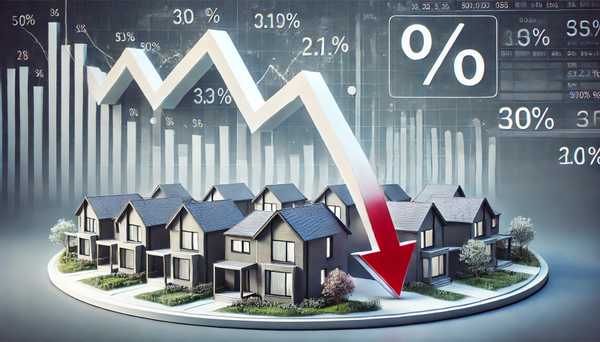
How to Choose the Right New Construction Home in Las Vegas
Buying a new construction home is an exciting journey, but with so many options in Las Vegas, it can be overwhelming to decide which builder, community, and home style best suits your needs. Whether you're looking for affordability, luxury, or a family-friendly community, this guide will help you n

Mortgage Predictions: How the New Administration Could Shape 2025 Rates
A new administration means big changes, and the mortgage market is no exception. Forecasting mortgage rates is never easy, even under stable conditions. With heightened uncertainty in the financial world, rates are poised for more fluctuations, especially in the wake of the Jan. 20 presidential in

Don’t Wait to Buy Real Estate—Buy Real Estate and Wait
Debating whether now is the right time to buy a home or if you should hold off? It’s a tough decision with plenty of factors to weigh, from what’s happening in the market to your personal goals. But here’s the reality: attempting to perfectly time the market is a risky game that’s nearly impossibl
Recent Posts











